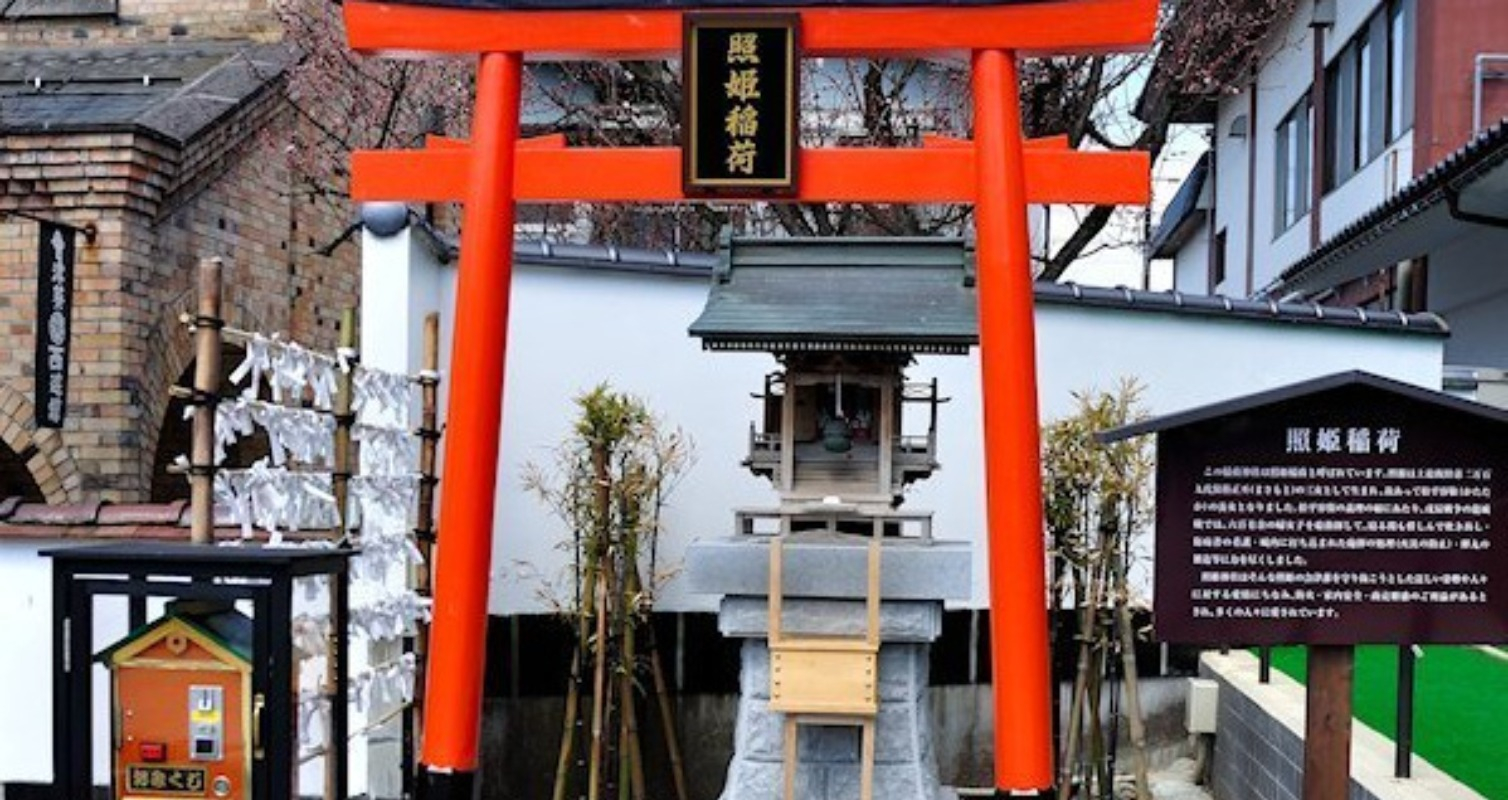A fortune telling vending machine offers a unique blend of amusement and mystique, allowing users to receive personalized fortunes or predictions at the drop of a coin or the swipe of a card. These machines can be found in various locations around the world, including Japan, where they are particularly popular due to a cultural fascination with fortune-telling and novelty vending machines. Here’s an overview of what these machines entail and their appeal:
Features:
- Variety of Fortunes: Users can receive different types of fortunes, ranging from general life guidance, love predictions, career advice, to daily or yearly outlooks.
- Interactive Elements: Some machines offer interactive experiences, such as asking the user to select a particular area of interest or having them press a button or pull a lever to “randomly” generate their fortune.
- Customization: Certain advanced models might allow users to input their birth date, zodiac sign, or other personal information to tailor the fortune to the individual.
- Souvenir Option: In addition to the fortune itself, some machines provide a printed slip or card as a keepsake, while others may even offer small charms or trinkets related to the fortune given.
Appeal:
- Entertainment Value: For many, the primary attraction is entertainment. It’s a fun way to pass time and adds an element of surprise and excitement to one’s day.
- Cultural Significance: In cultures where fortune-telling holds significance, these machines tap into traditional beliefs and practices, offering a modern twist on age-old customs.
- Accessibility: Fortune telling vending machines make the concept of receiving a fortune more accessible and immediate, without the need for visiting a professional fortune teller.
In Japan, where vending machines selling everything from drinks to hot meals are ubiquitous, finding a fortune telling vending machine is not uncommon. They often attract curiosity and serve as a playful nod to both technological innovation and cultural traditions. Whether you’re a believer in fortune-telling or simply curious, these machines provide a quick, intriguing experience that can add a bit of mystery to your day.

When someone’s depressed or is beset with troubling issues, many in Japan would rather visit a fortuneteller than a psychiatrist.
Masakatsu Hayashi, president of Starmark Co.

